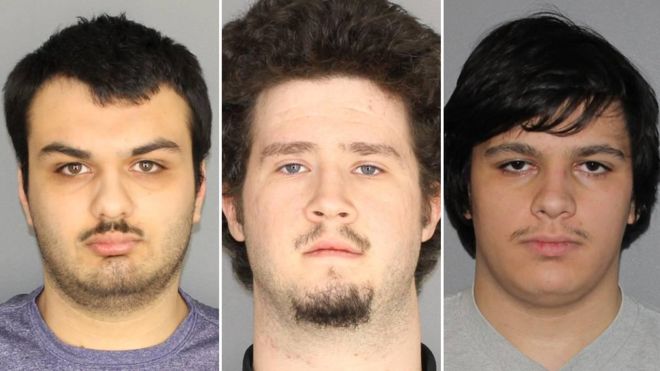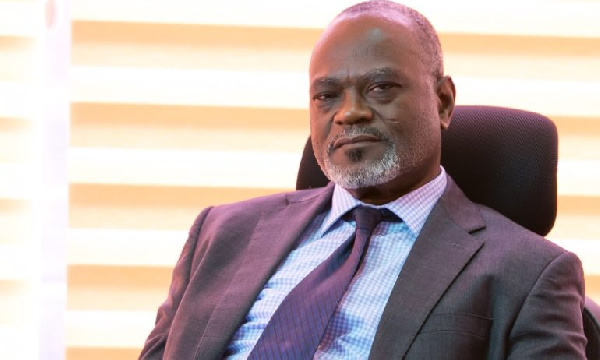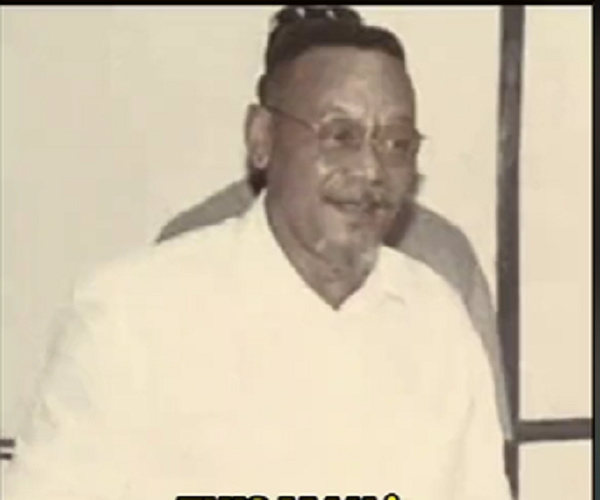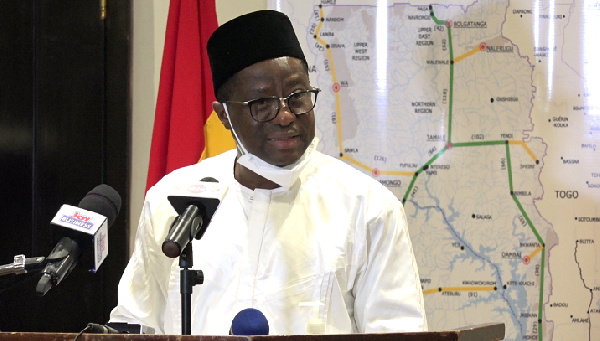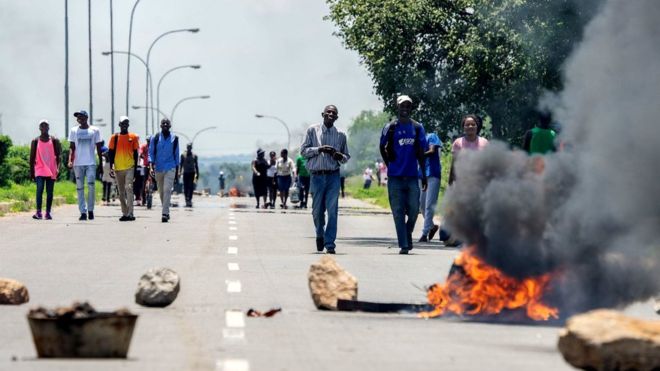
Zimbabwe troops accused of 'systematic torture' of protesters

A government-appointed human rights group in Zimbabwe has accused soldiers of using “systematic torture” in a crackdown on protests.
The Zimbabwe Human Rights Commission strongly criticised authorities for using troops to quell demonstrations.
Unrest broke out more than a week ago following a sharp rise in fuel prices.
A government spokesman defended the crackdown, telling the BBC: “When things get out of hand, a bit of firmness is needed.”
Reports have emerged of assaults allegedly carried out by the military in various parts of the capital, Harare.
Soldiers in Harare were seen beating a large group of minibus drivers on Tuesday, and the BBC’s Andrew Harding in Harare spoke to a man who said he and about 30 others had been rounded up and beaten by soldiers.
The continuing violence raises further questions about President Emmerson Mnangagwa’s control over the military, which helped to bring him to power 14 months ago, our correspondent adds.
President Mnangagwa has promised that abuses against civilians will not be tolerated.
What has been alleged?
In a blunt statement, the commission said at least eight deaths had been reported since last week, “mostly attributed to use of live ammunition”.
“Armed and uniformed members of the Zimbabwe National Army and the Zimbabwe Republic Police instigated systematic torture. The torture was organised in that they targeted men who stay near areas where barricades had been placed and near areas that were torched by protesters or looted,” it said.
The commission detailed reports of security forces entering houses at night and making men, and even boys as young as 11, lie on the ground where they were then beaten.
“The deployment of the army in quelling civilian disturbances leads to loss of life and serious bodily injuries and other human rights violations, yet the government continues to make such deployments,” the statement said.
Other reports say at least 12 people have been killed and scores treated for gunshot injuries.
What about President Mnangagwa?
On Monday Mr Mnangagwa, 76, broke off a trip to Europe to deal with the continuing unrest.
He had been due to attend the Davos economic summit where he was expected to seek investment for Zimbabwe.
Back in Harare, he took to Twitter to urge all sides to work together to fix a broken economy.
In a series of tweets, he said violence or misconduct by security forces was “unacceptable and a betrayal of the new Zimbabwe”, adding: “If required, heads will roll.”
How did the protests start?
Mr Mnangagwa announced a steep increase in the fuel price earlier this month.
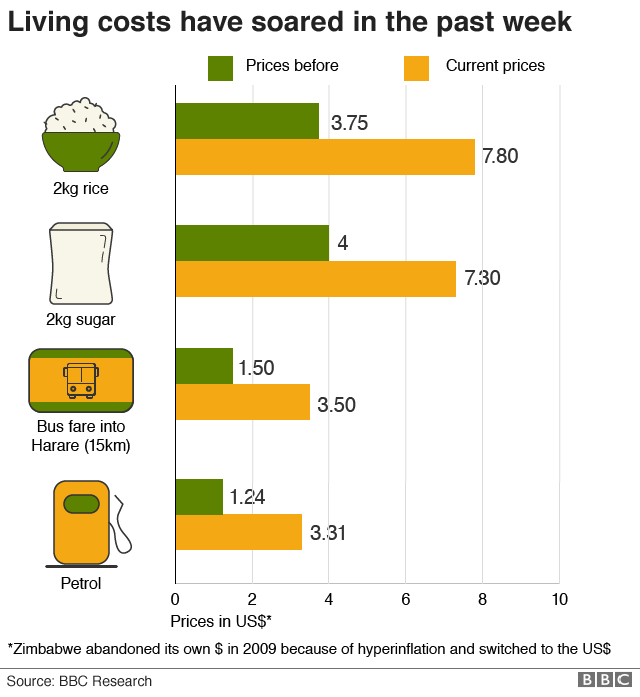
Source: BBC
Source: citifmonline.com
